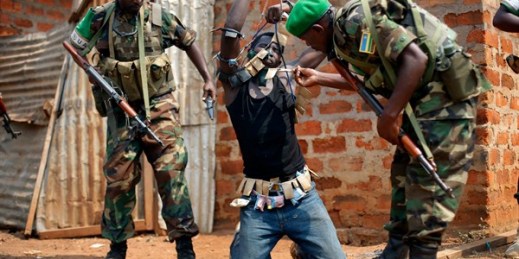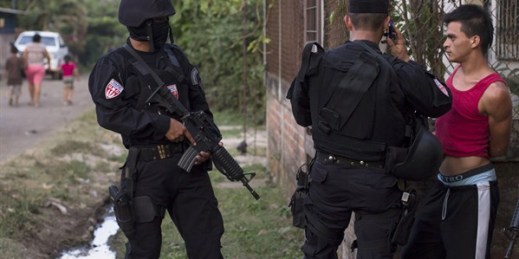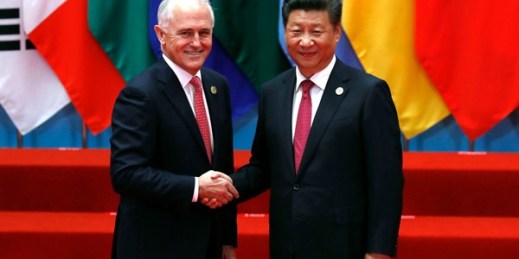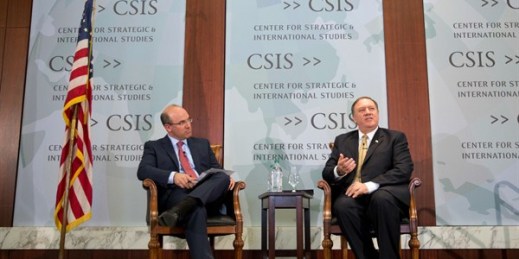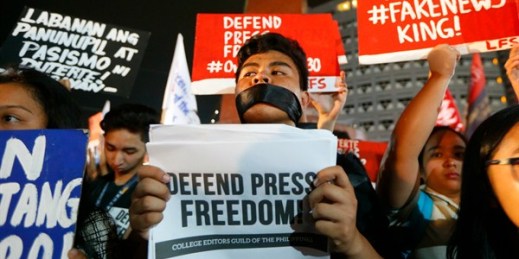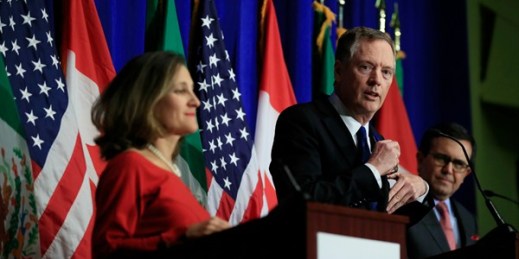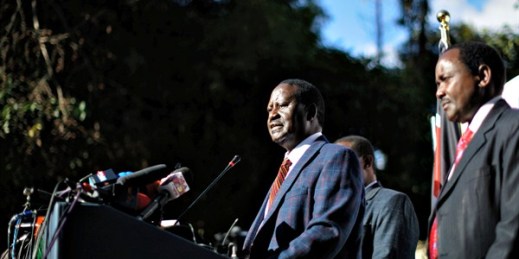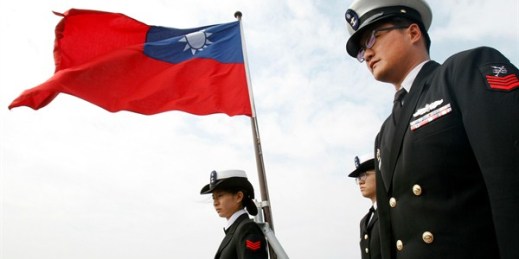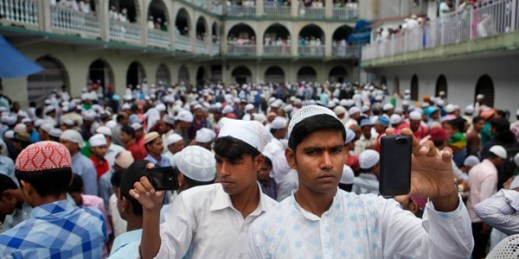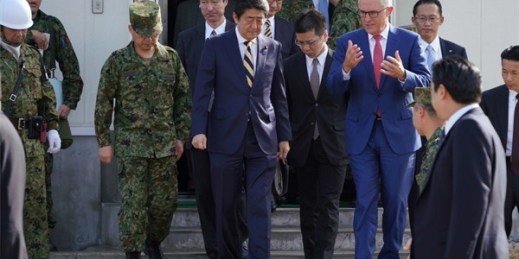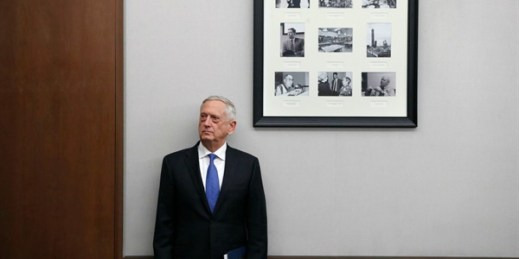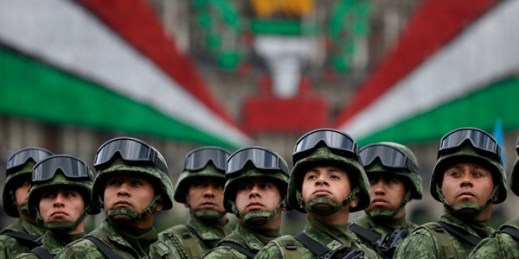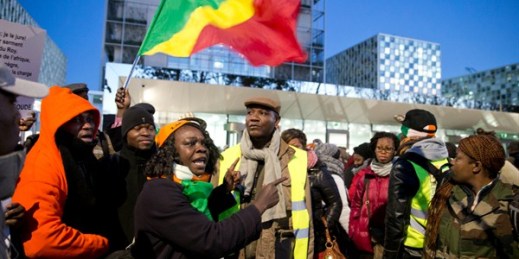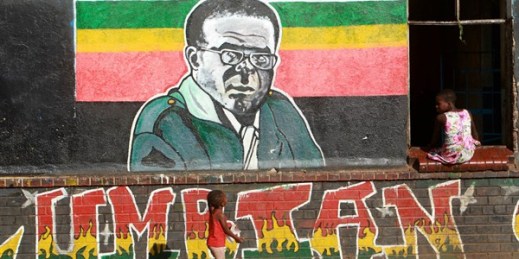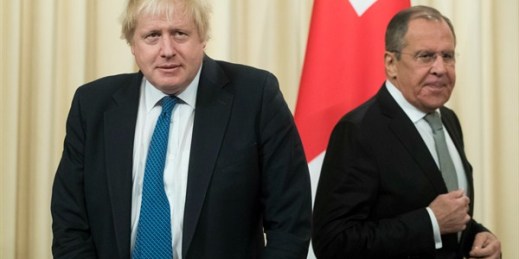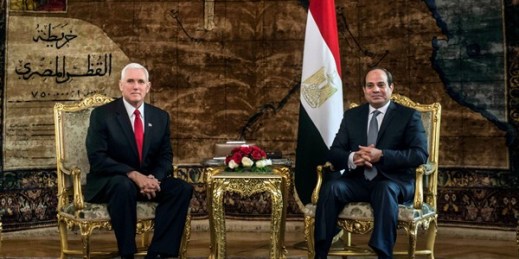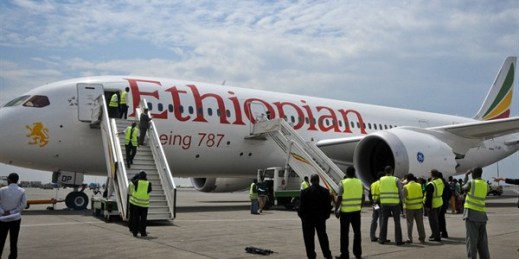
At the end of January, 23 African nations announced plans to launch a single aviation market in an effort to boost connectivity and economic growth. While airline executives and industry analysts described it as a “seismic event,” African states have not had the best track record implementing integration policies. In an email interview, Richard E. Mshomba, a professor of economics at La Salle University in Philadelphia and the author of “Economic Integration in Africa: The East African Community in Comparative Perspective,” explains what is behind the initiative, as well as the obstacles and opportunities for broader economic integration on the […]

